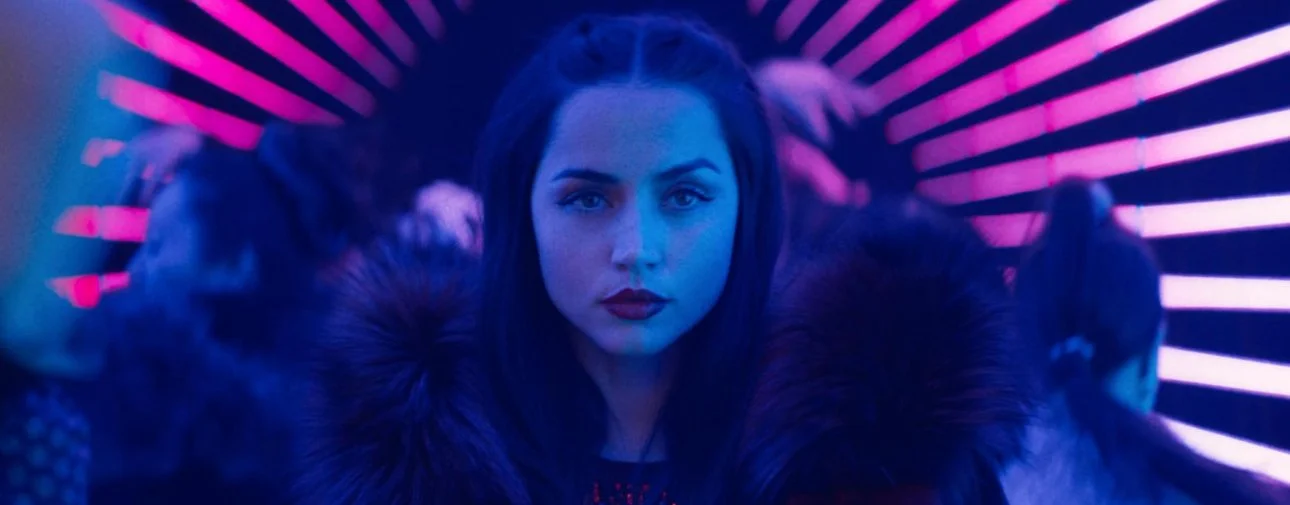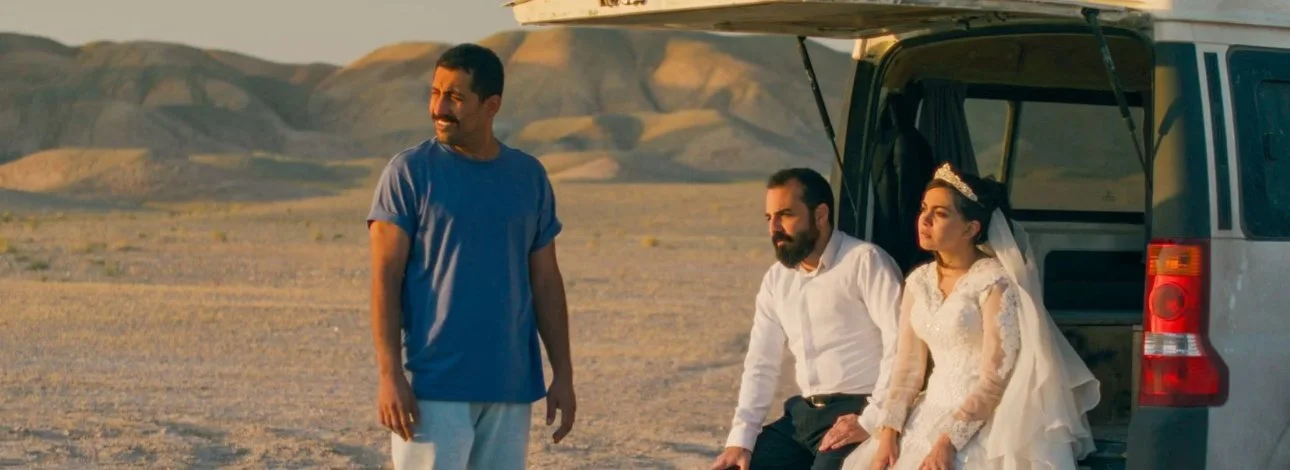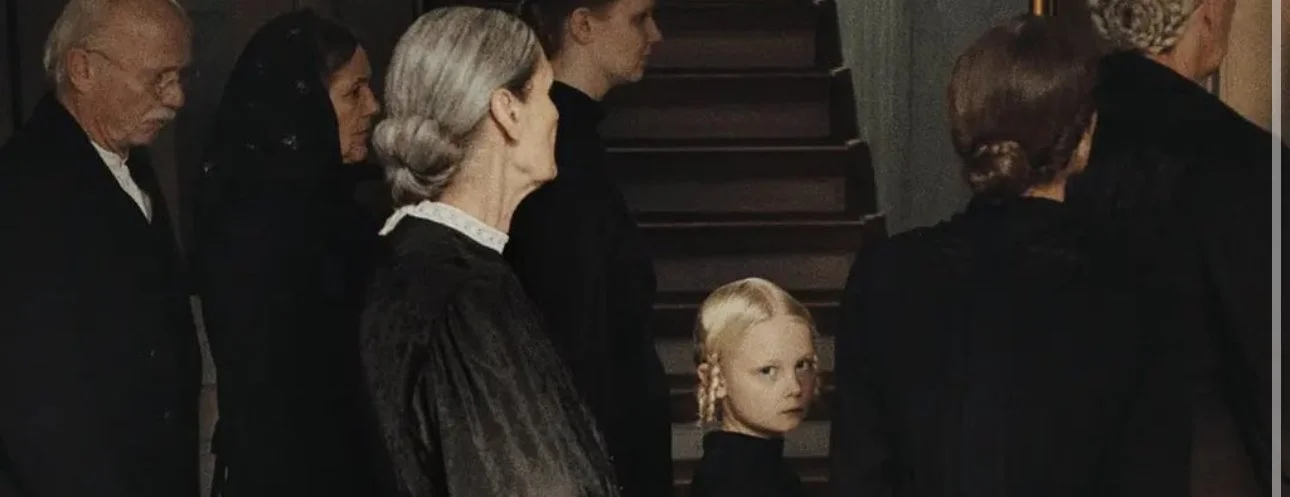It is no surprise that Saoirse Ronan gives one of the most deeply felt and wonderful female performances of the year in Brooklyn. After all, this is an actress who was nominated for an Oscar when she was just 13 years old for her pivotal role in Joe Wright’s Atonement. “When Atonement happened I was just a kid, and I can’t say I expected the nomination to happen” she tells me. Now 21 years old, Ronan has blossomed into everything we thought she could be. In recent years she has starred in Peter Jackson’s The Lovely Bones, kicked serious cojones in Hanna and most recently was cast as Zero’s secret crush in Wes Anderson’s The Grand Budapest Hotel. This all in a span of just six years.
Brooklyn is a beautifully made film about good, well-intentioned people trying to do their best in life. The gorgeously crisp and colorful cinematography by Yves Belanger is to die for, as is the direction by John Crowley, which is stylishly slick enough to harken back to a time when handsomely made, feel-good pictures worked marvelously well in Hollywood. This is an old-fashioned movie done right, a heartfelt effort by people who very much care about story and character. The screenplay was written by Nick Hornby, and captures his usual impeccable ear for small talk. Saoirse Ronan plays Ellis, an Irish girl who moves to New York to start a new life, but finds herself doubting that decision once there. The movie will make her a household name, and there’s already talk of a possible Oscar nominations for her performance –- which originally had Rooney Mara cast in the lead role –- and the film itself, which is exactly the kind of crowd-pleasing treat the Academy eyes year after year. “I pronounce it Sersha,” she tells me of her name. We might as well learn it well because a performer with this much natural, freewheeling talent and personality doesn’t come along often.
The actress sits down with me at her comfy suite at the Marriott hotel and is clearly exhausted from hours of interviews with the press, but her publicist tells her that I’m the last one for the day and the atmosphere loosens up a little and a smile appears on her pale rosy cheeked face. “Let’s make this one the best damn interview. I’ve got a good feeling about you,” she says with a smile. The young actress seems to also have a tiny case of the sniffles, and is eyeing the cup of tea her publicist is holding for her. “You know I’m doing OK, but it’s weird I always get sick every time I do press,” she says. Wearing a black dress and black leather boots, she asks me about my country of origin since I strike her as “too naturally tanned”. I tell her it’s all over the map, but that the tan is due to my Moroccan heritage. “Oh my,” she responds, “we filmed Hanna in Morocco. What a crazy place. Loved it. Everywhere I’d go I would be stared at, the only pale white girl in a country of sun people.”
Her origins are particularly interesting. When recession was at its peak in Ireland, and before she was born, Ronan’s parents decided to move to New York in the early ‘80s. They worked very hard and in very blue collar ways. Her father had a steady job as a Bronx bartender, whereas her mother was a nanny. Three years after Saoirse’s New York birth, they moved back to Ireland. Saoirse’s research for her role in Brooklyn eventually led to a particularly meaningful talk with her mom, which became an emotionally overwhelming task for the actress. “To have my mom speak about her journey and when her and my dad moved over there, what that was like for them. That was tough to listen to, I’m gonna cry, but it really helped me not just for the role but for my life …” The film unintentionally has become a love letter to her mom: “When she saw the film at Sundance, I just went up to her and I literally jumped up off the stage and ran to her arms. And she said, ‘You just got it. You got exactly that fear and that excitement I had.’” Even the ones closest to her were flabbergasted by the similarities. Saoirse recounts, “There was a journalist I knew that saw the movie back home in Ireland and he said to me that when he watched it, it was the first time he saw a movie of mine where it didn’t feel like me onscreen or anyone else really, but instead he saw my mother on the screen … I don’t think I realized it in the moment, but what I did with this performance is channel my mom.”
It wasn’t just her mom though. The film was also about her own journey from Ireland to the U.S. She reminisced about a time when she was in fact the very girl she plays in Brooklyn. “A year before we went into production I had moved out, left home and I had gone through that whole emotional journey that (my character) goes through. So, I loved it from the beginning, however it was only when we actually shot it that it meant so much more to me.” I tell her she’s not the only one to have the story hit her on a personal level, but the same goes for me and my own parents and everyone else. “Exactly, I think this story is actually for everyone. For anyone who ever left home, moved away from home, moved down the road, went to college, or left the country they grew up in. Those situations give you a feeling of not knowing where you belong, we’ve all gone through it. That’s what I went through when I moved from Ireland to London for acting or when I moved from Ireland to New York quite recently. It can be very overwhelming and frustrating… I related to everything. Everything. Every single saying, every aspect of what my character’s journey was.”
Now that I’ve caught her attention and she is really gets into the conversation we’re having, she lifts her legs up on the couch and starts to make herself a little more comfortable. Her catching green eyes now glued to what the next question might be, a perfect time to ask her about the ever ongoing topic of female roles in the industry. This year, however, has been a defining one for great female performances and the one Ronan gives here is one of the very best. This is a strong performance, one in which the Irish girl she plays makes up her own decisions and decides her own fate in life with no male influence subsiding her. “She’s a woman, and she’s facing two tough choices and it’s up to her to decide. Now what’s important here is that she made the decision, that this time it was her that made the decision … not any outside influence. I want women to go see it, and to feel empowered by that and to relate to that situation.”
The film – which debuted at Sundance in January and had a strong showing this past September at TIFF, which in turn led to the triumphant screening recently at the New York Film Festival -– might be conventionally told, but the underlying feminist tones are strongly effective, and make it an atypical, curiously relevant studio-backed film. “To see a character like her, set at that time and not have it be solely about the men in her life, that’s pretty feminist. Every single woman in this film is strong and independent and yet feminism couldn’t flourish back then.” I ask her to elaborate on that and she ponders, trying to think of the right way to put it. “In a way, it’s become sort of unpopular now for us to be treated as equal citizens. Some people treat feminism as taboo. To me, feminism is just that we’re equal to men and that’s all we really want. Brooklyn has a character that truly believes in that at a time when it was taboo to think that way.” Just when she was getting revved up and ready to go to deeper places with the interview her publicist re-enters the room and tells her the interview is done. “Really? I was just getting started here,” she laughingly says, “oh well, I knew I had a good feeling about you.” The same can be said about her career –- she’s only getting started.






